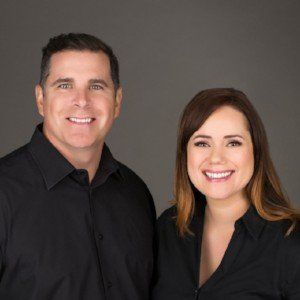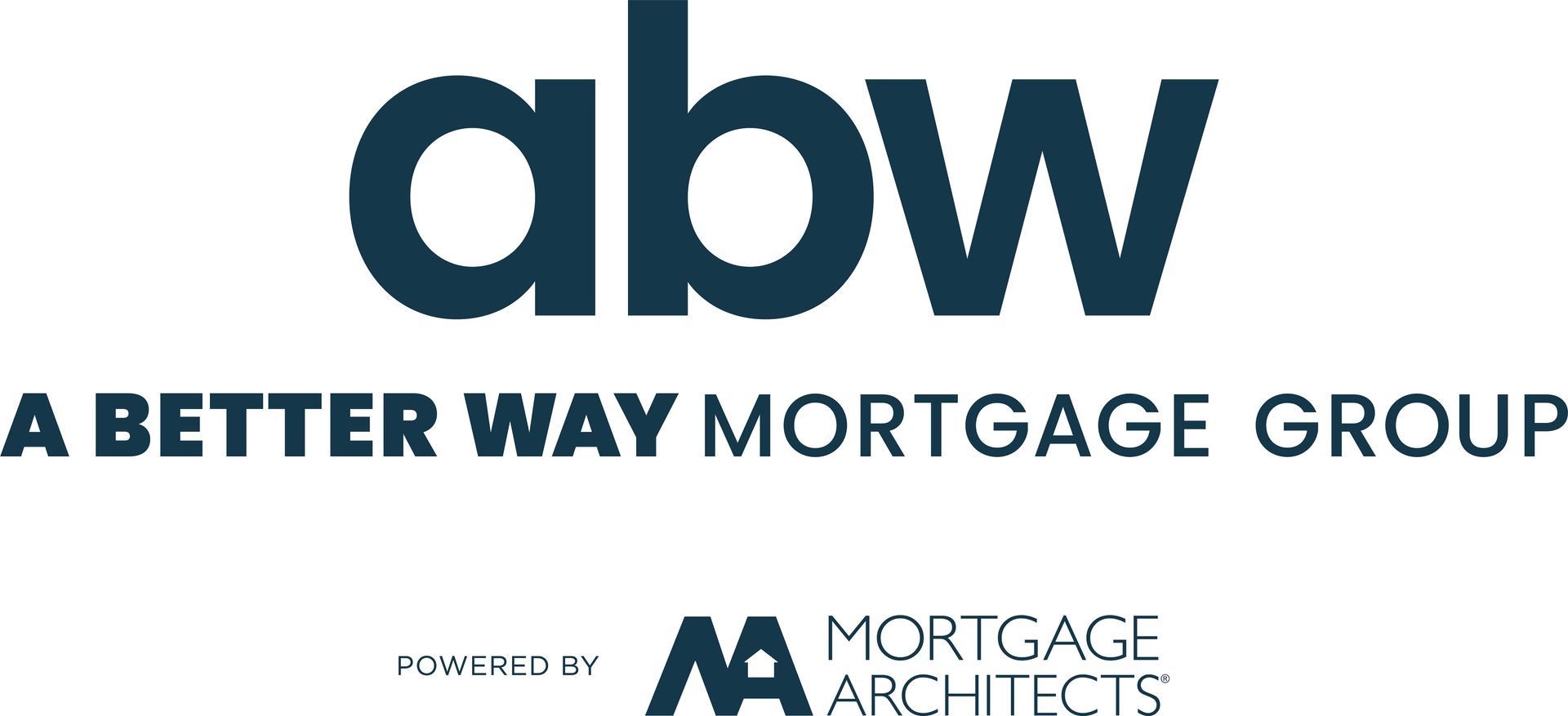5 Ways to Boost Your Financial Fitness
Thinking about buying your first home?
The race to home ownership is more like a marathon than a sprint: diligent planning, pacing and strategy are the keys to success. Are you ready to approach the starting line? Here are five ways to shape up and boost your financial fitness so you’re set for success.
1. Check your credit score
First things first: order a copy of your credit report and credit score. Your credit score, which is calculated using the information in your credit report, is what lenders look at when considering you for a mortgage. Your score impacts whether or not you get approved and what interest rates you’re offered.
2. Reduce (or eliminate) credit card debt
Ideally, your credit card balance should be zero. But if, like 46% of Canadians, you carry a balance each month, make it your priority to chip away at it. You’ll boost your credit score while reducing the amount you’re paying in interest, freeing up more cash for saving and investing.
Use one – or, better yet, both – of the following strategies to make a dent in your debt:
• Make more money (i.e., take on a side gig, work overtime hours, pick up odd jobs)
• Save more money (i.e., sacrifice your satellite TV package, swap your gym membership for running outdoors, cut back on eating out)
3. Bulk up your savings
Now’s the time to save aggressively, stashing that cash in a registered retirement savings plan (RRSP) or tax-free savings account (TFSA). Use automated savings to ensure that money goes straight from your checking account to your savings, investment accounts or both.
Remember: As a first-time homebuyer, you can withdraw money from your RRSP to put toward a down payment. (Generally, you’ll have up to 15 years to pay it back into your RRSP.)
4. Stick to a budget
As points 2 and 3 illustrate, getting financially fit takes determination and commitment. It can feel less overwhelming when you’ve got a snapshot of goals and actions right at your fingertips. Sit down with your partner to create a monthly budget. And stick to it.
A smartphone app can be a game changer in keeping you organized, accountable and on track with your financial fitness plan.
5. Keep your eyes on the prize
Stay inspired, motivated and positive by remembering why you’re working so hard to boost your financial fitness: to buy your first home!
Crunch preliminary figures online to come up with ballpark estimates on how much home you can afford.
Raise your real estate IQ by watching HGTV shows, researching neighbourhoods, perusing listings and attending open houses.
That will make you a more educated shopper once you’re ready to enter the market qualified with a mortgage pre-approval. Do your research now, so you can hit the ground running when you’re ready to buy.
This article was written by Genworth Canada'sVice President Business Development, Marc Shendale.





